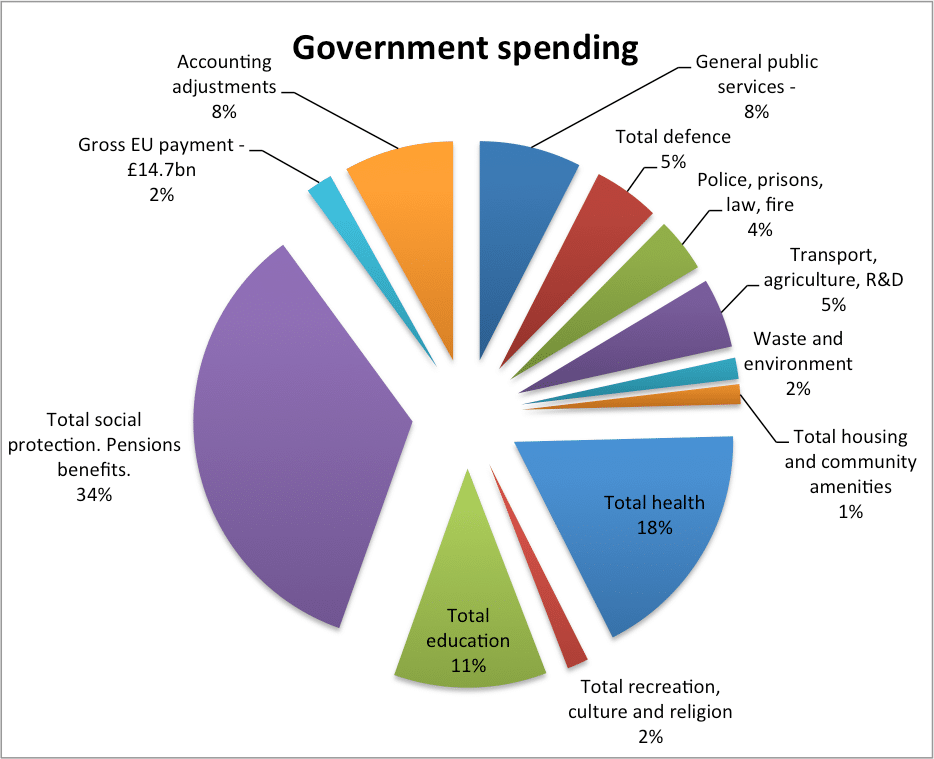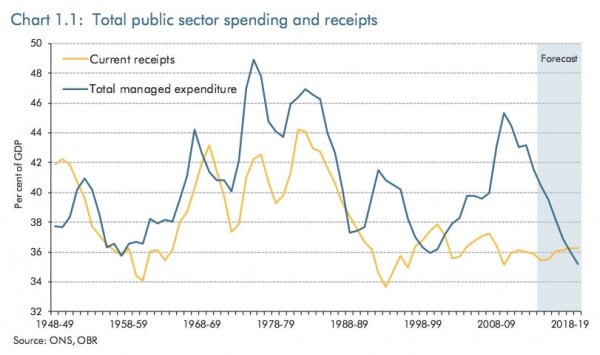I wrote a while back that I was a rather unenthusiastic supporter of remaining in Europe, and perhaps it wasn’t that important. In recent weeks, I have become more committed to staying in Europe, and feeling leaving the EU would be a regressive step.
Bigger perspective
The EU was formed out of the Second World War and a continent continually fighting amongst itself. The EU has played a role in changing the European continent for the better. It’s easy to take this for granted, but it is quite an achievement.
The second big achievement is helping cement the development of Eastern European countries into genuine democracies. (which the UK as a member of the EU helped play a significant role). There are concerns countries like Hungary are regressing into more authoritarian regimes, but the EU provides a strong counter balance and protection of human rights. While some in the UK dream of leaving the EU, for many the EU is a rare beacon of hope and stability in the world. The black spot on the EU’s recent record is the treatment of Greece over financial bailout, but that is partly down to bad economics and domestic political pressures in countries which lent Greece money. The UK leaving the EU certainly wouldn’t solve it.
EU spending
Much has been made of UK spending on the EU, but whichever statistic you decide is best – it is a very small percentage of UK GDP.
The £7.1bn net contribution works out at 0.9% of public sector spending or £110 per person per year. It is 0.4% of GDP.
If you take gross payments (ignoring EU payments to the UK), in 2014 £14.7 billion was transferred from the UK to the EU in official payments, still less than 2% of government spending.

Development aid for Eastern Europe
The UK referendum debate has focused on what does the UK gain? A profit and loss account – will be £5 a week better off or £5 a week worse off? I think we will be worse off. But one thing rarely mentioned is that I don’t mind the UK being a net contributor to EU, so regional funds can be given to Eastern Europe to help them develop economically. Just like areas of UK and Ireland have received funds in the past. The EU did help countries like Spain, Portugal and Ireland make rapid economic progress and catch up with Western Europe. Despite recent setbacks due to financial and Euro crisis, the EU helped diminished the income gap for countries on the periphery.
This is the benefit of being part of a European community; helping Eastern European economies to catch up with Western standards of living is good for Eastern Europe, but ultimately good for our own interests. If Eastern Europe can catch up, the economic rationale for net emigration will diminish, and we will have growing export markets for our services and manufacturing.
Immigration
Studies show net migration has a positive impact on the economy and is also immigrants on average make a net contribution to the UK treasury. The UK has a rapidly ageing population, which places greater demands on pensions and health care, the increase in young migrants, is helping to offset this pressure. This is not something you would learn from reading the Daily Express, but the prospects of higher taxes / lower spending on exiting Brexit is real.
Nevertheless, the impact of net migration can affect different groups in different ways. Some studies show the main benefits from net migration don’t feed through to lower income groups. Net migration is exacerbating the existing housing crisis, a real problem for young people (who ironically are most likely to be in favour of EU membership)
It is understandable so many people are concerned about net migration levels. I too would prefer an England of quiet country lanes, fewer people and more space for ME to enjoy the beautiful British countryside. However, although I’m aware of my own personal preferences for fewer people, I also feel leaving Europe won’t really solve this problem anyway.
The real problem
The UK economy faces real problems – a persistent and growing housing crisis, pressure on social services, a growing gap between low-income groups and high-income groups. But, leaving Europe will not solve any of this. One of the reasons is the current government’s commitment to reducing the size of the state.
Source: OBR, Dec 2014
The government are cutting spending as a % of GDP towards 34% of GDP – an historical low. If you have this kind of cut back of government spending it is inevitable you will have a strain on public services and housing. Immigration becomes a convenient scapegoat.
This is why I’m not overly keen on the referendum on Europe, we are missing the real issues facing society. Europe feels a surrogate issue.
The cost of leaving
A vote to leave the EU will only lead to many years of painful negotiations. Firstly, the UK will have to decide whether to stay in the single market (like Norway, Switzerland) or completely cut off ties with the EU and single market This could be the subject of a whole general election.
If we choose the Norway model (not in EU, but in Single Market), we will have to pay virtually the same net contribution, we will have to accept free movement of labour and we will have to accept EU regulations. In return, we can choose to ignore the Common Fisheries policy and Common Agricultural policy, but fundamentally we will be beholden to main EU rules, just unable to have any say.
If we go down the complete Brexit route and turn our back on the EU and the single market, how will the EU respond?
The EU will of course want to make an example of the UK. Not out of vindictiveness, but to set an example to their own electorate that leaving the EU is not a good idea. The EU will not make it easy. If the UK leaves, the UK will be most likely excluded from post EU negotiations. It will be an unfavourable settlement which imposes very high costs on leaving. The process could be quite humiliating. You can’t pick and choose the best aspects of the EU. The UK needs the EU more than the EU needs the UK. 50% of our exports goes to Europe. 10% of Europe’s exports go to UK. See: article what happens if UK leaves EU.
The irony of ‘regaining independence’ post Brexit is that the post EU solution will be effectively a dictat from Brussels, which we will have little influence over.
Leaving the EU will be painful and messy divorce which could drag on for several years. The uncertainty will cause a demand side shock and economic growth will most likely be permanently lower.
Michael Grove says ‘people have had enough of experts’ – perhaps because very few experts can be found to support the case leaving will make Britain better off. In an age of cynicism, it’s tempting to ignore ‘experts’ and economists. But, it is worth remembering the same experts who point out the costs of leaving, are also the experts who advised Brown and Blair against joining the Euro because it would be costly for the UK. You could have criticised this Treasury advice for staying out of Euro as being ‘Project Fear’. But, if anything they underestimated costs of the Euro. Staying out of the Euro was a good decision and also highlighted how the UK is not fated to be in an ever-closer union. The Euro was not in our interests and we stayed out.
If we leave the EU, the UK will eventually find its feet and the economy could return decent economic growth – though maybe at a lower long run trend rate. But, the political consequences may be harder to mend. Most major leaders in the world is hoping the UK stays in the EU, if we leave out of parochial self-interest, there will be little love for the UK.
Europe has its flaws, but also it has many virtues we may only realise when we are not in it. The best solution would be for the UK to vote remain and then take 2017 to lead Europe in reform – less bureaucracy, reform CAP, more pragmatism on free movement of labour and an end to European austerity – unless it is austerity for the EU parliament. I think Europe will be more receptive to a slower pace of integration the UK has. Many would be glad for the UK to remain to be a counter-balance to a strong Germany.
The final point, is that if the UK does leave the Europe, I think the UK will also start to break up. It is another reason for Scotland to have a second referendum.
Related

